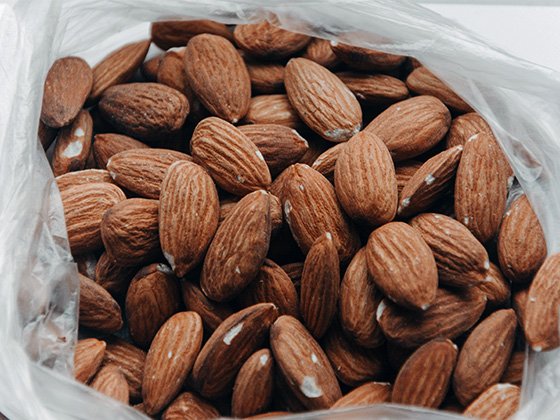



Article by: Hari Yellina (Orchard Tech)
All Riverina almond growers are elated to find that prices will return to average in the upcoming year. This is mainly because of an expected shortfall in the US almond production market. The market, in fact, rebounded by over twenty-five per cent in recent months. This was the lowest price the market had witnessed in over a decade. Nevertheless, according to a representative of the Almond Board of Australia, the market had started to decrease even before the heavens opened in the U.S. The main reason for this is because of ongoing freight challenges.
There is a lot of confusion and doubt regarding whether the stock is able to leave the port and the time it is going to arrive at the destination. At the current moment, there is an extreme change in pricing and exporters. Also, those who are selling the almonds are placed in a tricky situation where they are selling at one price and then if it takes undue time to arrive at the other end, there can be uncertainty around the acceptability of the value when it gets there.
There have been reports of some regions of California receiving close to 140 millimetres of rainfall within 24 hours. Jackson said while this was good news for US growers long-term, this season’s almond crop could be further reduced if there was water damage. The impact on the market in the short term is a little bit unclear at this stage. Despite the recent news out of the US and increased shipping costs, the industry was still hopeful that 2022 prices would return to the 10-year average of around $7.40 a kilogram.
Driven by rising global demand for plant-based healthy foods such as nuts and nut products, Australia has become a world leader in almond production. There are now more than 15.4 million almond trees planted across four states, and the relentless growth of the almond industry shows no sign of slowing down. Many believe that dairy farmers in particular blame the development of corporate almond farms for pushing the price of both permanent and temporary irrigation water beyond their reach and forcing them out of business.